Most credit card issuers do not approve credit cards for people with bad FICO score and history. The issuer might deem you irresponsible after a hard credit check, resulting in more deductions from your FICO score. Fortunately, there are specific credit cards designed to help individuals who want to build their credit profile.
Many of these best credit cards for bad credit are secured, meaning you have to make a security deposit that automatically sets your credit limit. They’ll help you practice good habits and qualify you for better cards and financial services. This article highlights the features of some of the best cards for bad credit scores. Additionally, if you’re in a tight financial spot, you might wonder, what app can I use to borrow money until payday? Finding the right tool can help you manage expenses effectively.
Credit Cards For Bad Credit: 10 Best Offers
If you have a poor credit score, you need to get a card with features that counter the causes for the low score. The main factor is how the card fits into your lifestyle and spending capabilities. Then, you can look at the bonuses in welcome offers, cashback, and other reward rates. You should consider what fees you need to spend on transacting and maintaining the card.
These and many more are huge influences on how quickly and well your build your FICO score. Below, you’ll get the best credit cards for bad credit, and you can be certain they meet the above-listed criteria, from bonuses to fees. With these, you can narrow down your options and choose the most appropriate one for you.
1. Capital One Platinum Card
This credit card remains a top choice with its zero security deposit and absence of fees for maintaining the cards or running transactions. It’s built especially for those with average to fair credit scores and can help you increase your limits in about six months. It’s for your everyday spending needs as it offers no special rewards for transacting with certain establishments or streaming services.
However, with its 0% annual and foreign transaction fees, it seems like an easy card to maintain. It has no introductory APR but a regular variable APR of 28.49%. In addition to the high APR, you will incur a cash advance fee of 3% on a minimum of $10. It has 24/7 customer service, and you can access your account from anywhere.
Pros
- 0% annual fees
- 0% foreign transaction fees
- 24/7 customer service
- Freedom to pick a monthly due date
- Free FICO score monitoring.
Cons
- High APR
- No welcome offer or reward rates
- 3% fee on cash advance.
2. Chime Credit Builder Visa® Credit Card
As the name implies, it’s one of the builder cards you want to have for a bad credit score. It’s quite easy to maintain, incurring very limited expenses. Before applying for it, you must have a spending account with Chime or drop a collateral deposit. It’s best for your day-to-day spending, requiring no check on your prior credit history before getting approved.
As a low-cost card, there’s no introductory or regular APR. With this issuer, maxing out your card will not affect your FICO score, as your utilization ratio will not be reported to any major credit bureaus. Finally, the least amount required as a security deposit in your Chime account is $200 to qualify for the application. Chime does not provide you with a platform to upgrade to other plans.
Pros
- 0% annual and foreign transaction fees
- 0% APR
- The deposit can serve as a monthly balance
- 24/customer support.
Cons
- You need an account with Chime first
- You can’t upgrade to unsecured credit cards.
3. Capital One Platinum Secured Credit Card
This is one of the best credit cards for bad credit that require a security deposit that you can pay in installments. As such, it’s best for individuals who want to rebuild a bad credit score but have limited income. Depending on your qualifications, you can deposit as low as $49 to receive a limit of $200. It’s low cost as it offers no fees for annual maintenance or foreign transactions.
However, the issuer demands a high variable APR of 28.49%. In addition to this high APR, you get no welcome offers or reward rates. But you’ll get a 5% cash back on car rentals and hotel booking done through capital one. You get 24/7 customer service and assistance with travel services. Furthermore, you have unlimited access to your account via Capital One’s platforms.
Pros
- 0% annual fees
- 0% foreign transaction fees
- Low-security deposit to be paid in installments.
Cons
- High APR
- No reward programs
- Requires a bank account.
4. PREMIER Bankcard® Mastercard® Credit Card
This unsecured card helps you build your bad credit score as you spend on daily transactions. However, as it doesn’t give a security deposit, you’ll need to pay for its services in annual and foreign transaction fees. So it’s suitable for those who have bad credit scores, can’t get a security deposit, but are sure to get a stream of income later for its fees.
The issuer charges $50 – $125 in annual fees and a very high variable APR of 36%. Also, there are no welcome bonuses or reward programs for its users. You’ll attract a 3% fee on foreign transactions, a $29 additional user fee, a $35 express delivery fee, and a $29 late payment fee. Another perk is the standby customer service and free FICO score reports.
Pros
- Free access to FICO score
- No security deposit required.
Cons
- $50 - $125 annual fee, depending on creditworthiness
- Transaction fees, late payment, delivery, and user fees apply.
5. OpenSky® Secured Visa® Credit Card
This VISA card comes with low annual fees, low variable APR, and no welcome bonus or reward rates. It’s best for individuals with bad or no FICO score. You can use it to build your FICO score from your daily spending, offering you a security deposit limit of up to $3,000. No check is required on your prior financial history, and it helps keep your utilization ratio low.
The annual fee attached is $0, and a variable APR of 29.99%, which is the regular fee with no special intro offer. You have $0 fraud liability and 24/7 customer support service for inquiries and assistance. You should be aware of the 3% foreign transaction fees, $5 – $6 cash advance fee, up to $40 late payment fee, and the return payment fee of $25.
Pros
- Low variable APR
- No credit history check
- Requires no bank account
- Annual fee of $0.
Cons
- No rewards program
- Upgrading to an unsecured card is unavailable.
6. Discover it® Secured Credit Card
The bonuses offered by this card will be enough motivation to rebuild your bad credit score. It’s best for people who make many purchases, especially from restaurants and gas stations. You’ll get a cash back of 2% on things you buy from a restaurant or a gas station and a Cash back of 1% on purchases. Its bonus cash back is capped at $1,000.
A 10.99% APR is offered to new users, and after the first year, it’s a regular variable 25.99 APR. The issuer demands no annual fees but a security deposit of at least $200. If you keep a good FICO score with this, you get the opportunity to be upgraded to an unsecured card. You gain free access to your FICO score and $0 fraud liability.
Pros
- No annual or foreign transaction fees
- Unlimited cash back on purchases
- Free access to your FICO score.
Cons
- Capped rewards
- Requires a deposit to your limits.
7. Navy FCU nRewards® Secured Credit Card
Pick this one if you want to rebuild your FICO score and enjoy several rewards while at it. It’s best for users with bad credit scores, giving you low APR and 1x point for each dollar sent. It gives you 0% annual and foreign transaction fees, 0% balance transfer fees, and 0% cash advance fees.
There’s no intro APR but a regular variable APR of 18%. The rewards you get for a dollar spent are unlimited, and you can redeem them for merchandise, cash, a statement credit, and gift cards. The minimum security deposit required is $200, refundable when you repay your debts in full. The issuer reports to the three main credit bureaus, gives you free access to FICO scores, 24/7 monitoring, and customer service support.
Pros
- 0% annual fees
- 0% foreign transaction fees
- 0% cash advance fee
- Low variable transaction fee
- Easy access to FICO score.
Cons
- Requires a minimum deposit
- Must be a member of the Navy Federal Union.
8. Destiny® Mastercard®
The Destiny® MasterCard® is issued by First Electronic Bank for users with fair, good, or bad credit. It’s best for users who want the purchasing power of a MasterCard and want to build their FICO score to the point of financial stability. You don’t need a security deposit for it, and you get to pick a plan to pay your full statement monthly. It requires minimal checks on your financial history, and you have 24/7 access to your account info.
It attracts an annual fee of $75 – $99 and comes with no intro APR but a regular variable APR of 24.9%. There’s a cash advance APR of 29.9%.and a foreign transaction fee of at least 1%. You get $0 fraud liability, theft protection, and 24/7 emergency assistance worldwide.
Pros
- 24/7 access to your account and emergency assistance worldwide
- Requires no hard check.
Cons
- High APR
- Annual fee of at least $75
- No rewards.
9. Mission Lane Visa® Credit Card
This is an unsecured card suitable for people with a damaged FICO score. With Mission Lane, you can maintain your account with low costs, build your FICO score, and be eligible for higher limits in about six months. You’ll have an intro APR offer of 19.49% to 29.99% depending on the purchases. The same rates apply to the regular APR.
The annual fee required ranges from $0 – $75. You’ll attract a cash advance fee of 3% or $10, depending on which is higher. There’s a 3% fee on foreign transactions in USD. Furthermore, you get access to monitor your account with online banking, $0 fraud liability, and 24/7 customer support.
Pros
- No security deposit required
- Higher limits within six months.
Cons
- High intro and regular APRs
- Fess on foreign transactions and cash advances
- Annual fee of 0% - 75%.
10. Capital One Quicksilver Secured Cash Rewards Credit Card
This is one of Capital One best credit cards for bad credit to use if you’re up for good rewards as you build your FICO score from scratch. It offers you reward rates of 1.5% cashback on valid purchases and unlimited 5% cashback on all rental cars and hotels booked via Capital One. You get no intro APR but a high variable APR of 28.49%.
You’ll find it is of low maintenance as it requires no annual fees, and you can increase your limits in about six months. A $200 collateral deposit is needed to set your limit and utilization ratio. You get 24/7 customer service support.
Pros
- 0% annual fees
- 1.5% - 5% rewards rate
- Helps you increase your limits in six months.
Cons
- High APR
- No welcome offer
- Security deposit required.
Our selection requirements
Before we selected the above-listed credit cards as the best ones you can use for bad credit scores, they had to meet specific requirements. It’s on these requirements that we analyzed the credit cards to give you brief reviews, and they include the following.
- Overview: This typically shows what type of card you’re getting, secured or unsecured, the issuer, or general bonuses. It’s necessary to know whether you’re dropping a security deposit or not.
- Best for: We analyzed what type of individuals best deserved the card based on their FICO score and spending lifestyle. This will help ultimately help you make the best choice.
- Annual fee: This shows the maintenance fee to know if you can afford it or not.
- Intro APR: This was included to know the rates you’ll be paying on mortgages and loans in the first year or a few months after registration. It’s important to know if you can afford it.
- Regular APR: We included this to know the interest rates you’ll be paying after the introductory offer.
- Pros and cons: Of course, you must know the positives and downsides of getting the card.
- Customer service: This was considered to know if customers get adequate and 24/7 services in case of emergency assistance, complaints, and inquiries.
- Useful features: These include whether you can monitor your account and FICO scores, fraud liability, and theft protection, among others. All useful for a streamlined and easy experience with your issuer.
What Is A Bad Credit?
As an individual, you’re expected to pay your bills and repay your loans at the time stipulated by your service company or loan giver. Your prompt payment is how your build a good credit score, and lenders can know you’re financially responsible. When you’re on the opposite side of this financial responsibility, it means doom for your FICO score. A long history of not meeting up with payments and owing loan givers is known as bad credit.
These payment defaults and loans reflect in your FICO profile which the bureaus will use to accumulate your FICO score. Once your score falls in the range of 300 – 579, that’s when you know for sure that you have bad credit.
When should you get a credit card for bad credit?
A bad credit score has several consequences that could spell doom for your lifestyle. For example, with a bad credit score, you would scarcely get loans and mortgages approved, your insurance premiums would cost more, you’ll pay higher rates on loans you eventually get, and it’ll be much harder to build wealth and retire.
When you start noticing these effects, alongside difficulty in meeting payments, it may be time to consider credit cards that’ll help you rebuild your bad credit score. But, of course, even without the effects of a poor credit score, you can always request a report from any major agency to see what range your score falls in. You’ll need to get a new card if your FICO score falls in the bad credit range.
Choosing a credit card for bad credit
In this section, we’ll detail what factors you must consider before applying with an issuer. Remember, the aim is to get one that ultimately pulls you out of your unpleasant FICO status.
Hence, you should decide on one that doesn’t plunge you further down an awful financial path. The factors that will be considered for your credit card in the following heading include knowing your score, getting reports, knowing your fees, and preparing for upgrades.
Know your score
The first factor ties in with when you should know to get a card to rebuild your FICO score. Unfortunately, several people tend to neglect the aspect of regularly checking their account information and reports to see what errors or practices damage their scores. As a result, they have no warning or caution on what habits to curb to keep their FICO score from hitting the rocks.
Hence, you want to know your score and review your financial reports. Several issuers give you free monthly access to your reports, which you can take advantage of. But, at most, it’ll take you thirty minutes to review. Hence, know your score, see what range you fall in, and take the next steps to apply for a befitting card.
Know the fees
The next option to consider is the fees attached to getting this new card. As you must have observed from the list of credit cards provided in previous sections, some have annual fees while others do not. This is the first of the fees you should look at to see if it’s maintainable with your current financial status. Next, you should look at the foreign transactions, balance transfers, and cash advance fees attached to them, if any.
In addition, see the fees you get to pay in the form of APR on loans and mortgages. Ensure they’re sustainable and won’t further plunge down your FICO score.
Get reporting
Usually, the issuer will help you send your spending reports to agencies, including TransUnion, Equifax, and Experian. These unions help to build your FICO score based on how timely you make your payments and what other good financial habits you practice. For this reason, you should strive to use an issuer that sends reports directly to the bureaus.
However, if your issuer does not offer that service, you can check out agencies that do so with prompt rent and utility payments. As these reports are made, you’ll be able to access them in monthly checks and statements granted by the issuers.
Prep for upgrades
Most issuers automatically raise your limits when you’ve practiced good financial habits for months. If you’re using a secured card, you might be notified that you now qualify to move to an unsecured card. Hence, if you know you’re keen to rebuild your FICO score, you should always be prepared for these upgrades, as they come with more responsibilities.
Upgrades mean higher limits, spending flexibility, and harder points accumulation. As a result, you should be wary of deviating from your already acquired good habits and act accordingly to the best practices on upgraded credit cards.
How to apply for a credit card for bad credit
With everything you know about getting a card for bad credit, you should know that applying for them from your preferred issue is quite easy. You can easily go put a call across to the issuer, send an email, or go in person to apply for one and have it given/delivered to you. Since you’ll be hoping to rebuild, you shouldn’t go through so many checks before you get approved for one. When applying, take note of the following.
| Action | Description |
| Understand the credit rating | Here, you should look at reviews and ratings from people and trusted authorities to see how good the card is. |
| Pick the card that matches your credit score | You should pick one that befits your current FICO score. This typically might fall in the range of 300 – 579, |
| Apply for the card | Apply via call, email, or in person. |
| Refill your security deposit | If it’s a secured card, pay the collateral deposit that’ll set the limit for your card. |
| Get the card | Most companies mail it, or you can get it in person. |
Conclusion
For every financial situation you find yourself in, there’s a credit card to keep up a good score or help you rebuild. This article gives you a full grasp of what to expect when you have a bad credit score and what type you should apply for. Remember, after getting any of these best credit cards for bad credit, the most important part is keeping up good practices that will not bring you down further.
As a result, you should weigh the best offers most issuers have and pick the one that fits your lifestyle and will help you rebuild faster. Lastly, you can always get a loan to rebuild your FICO score, and PayDaySay is a platform that you can trust with getting loans.

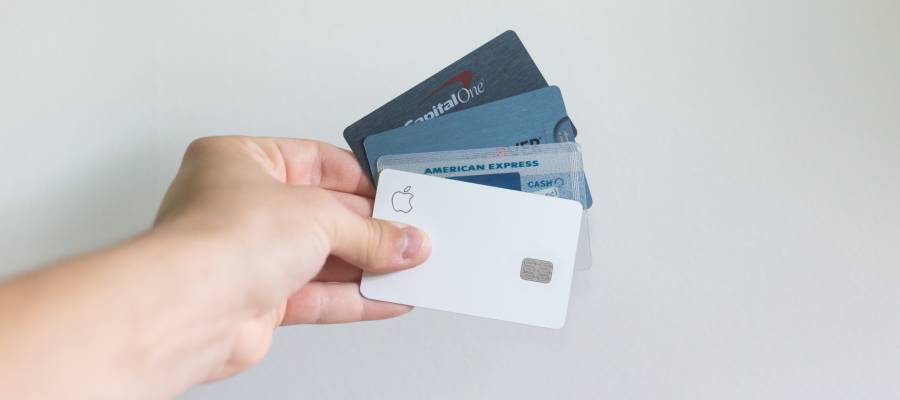
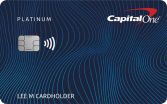

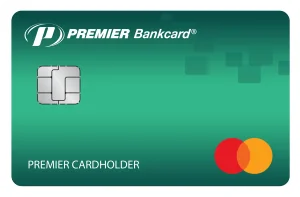
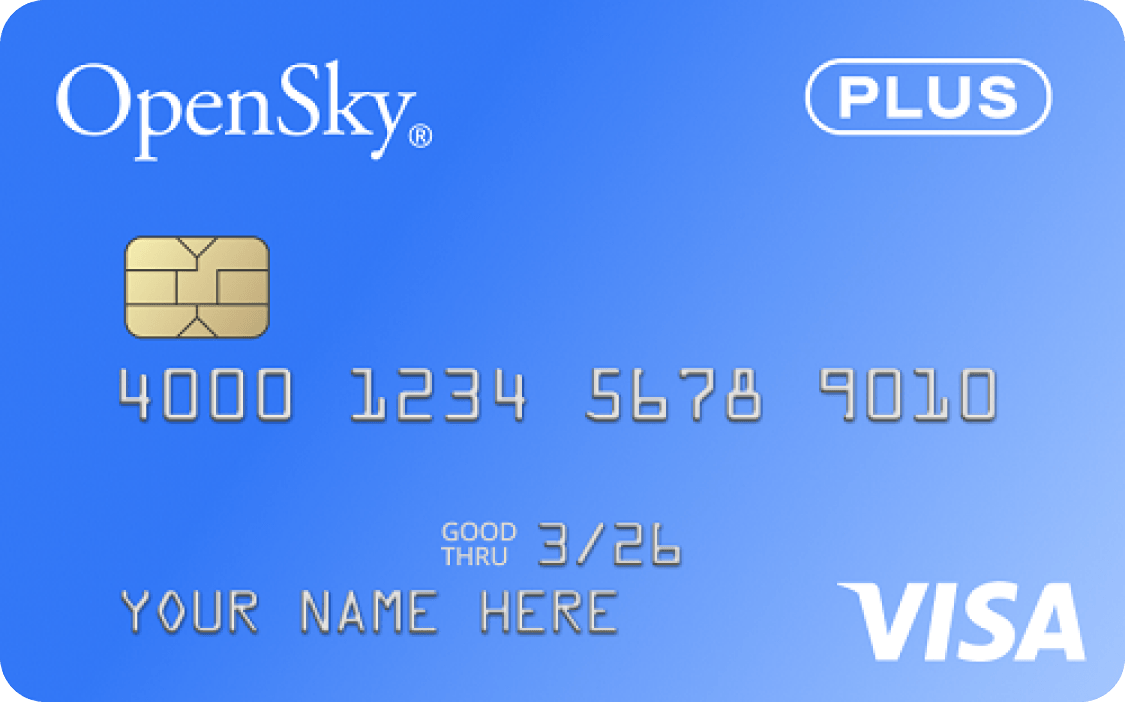
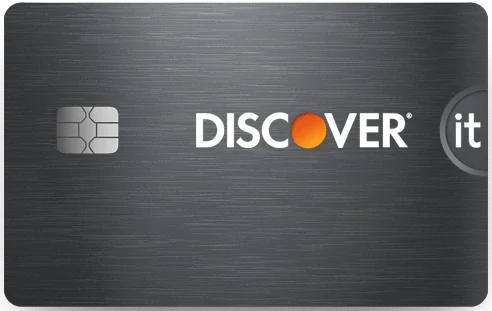
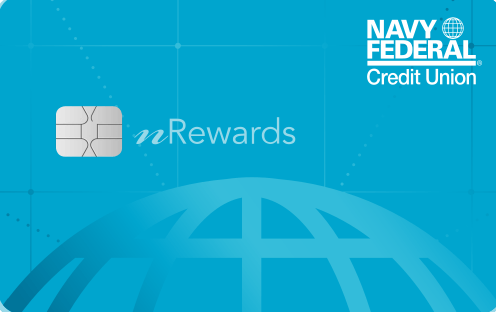

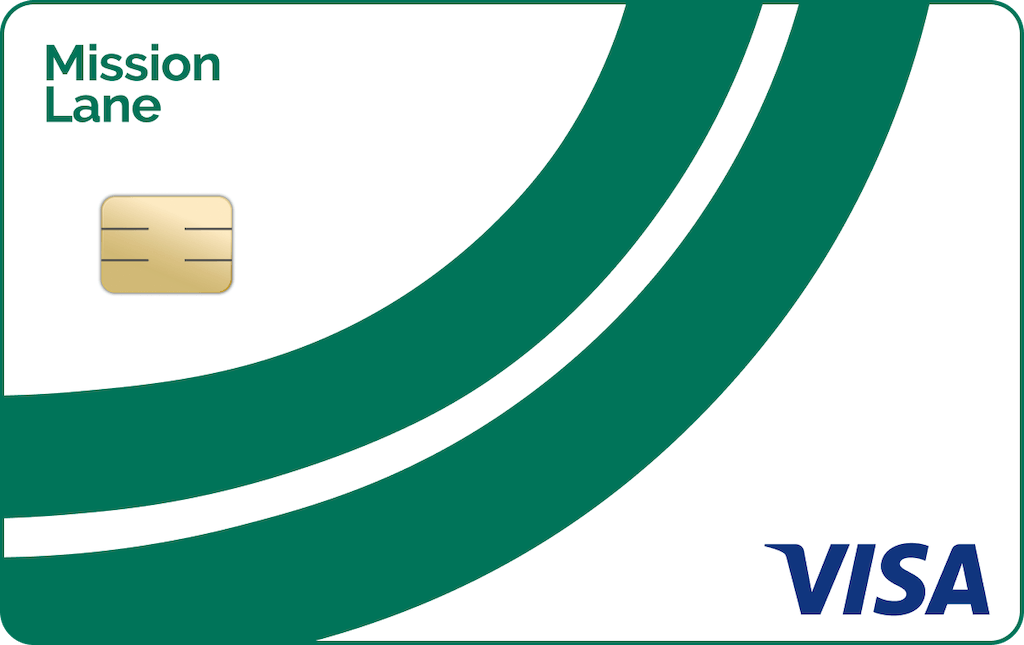
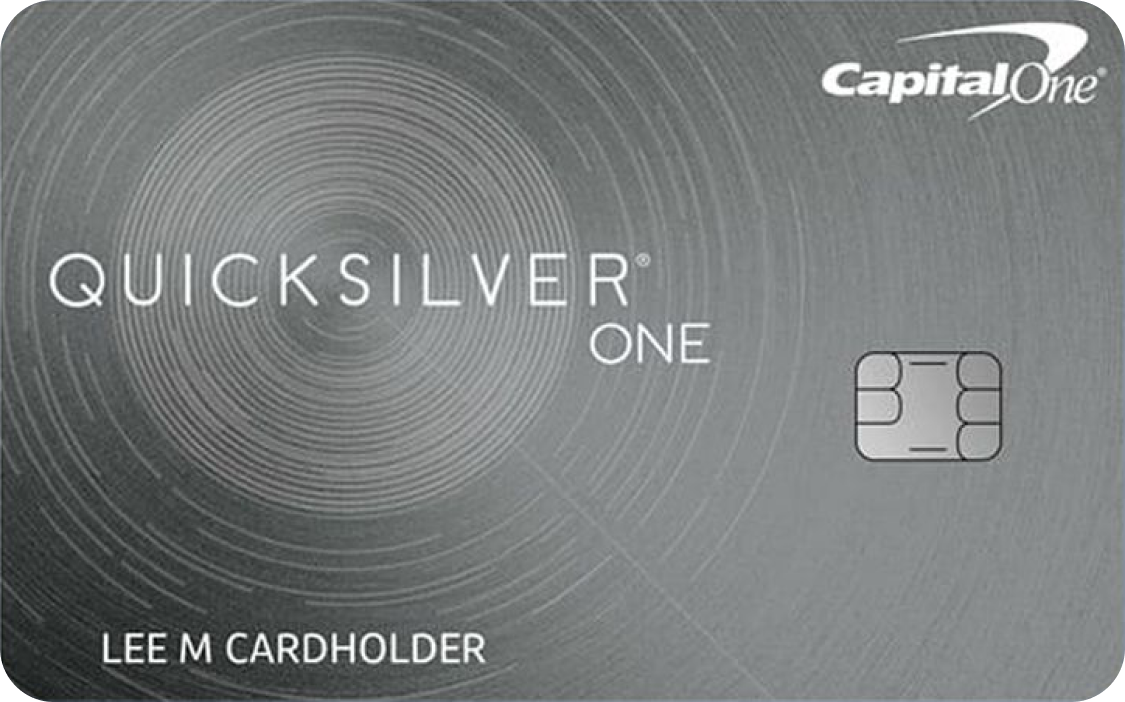
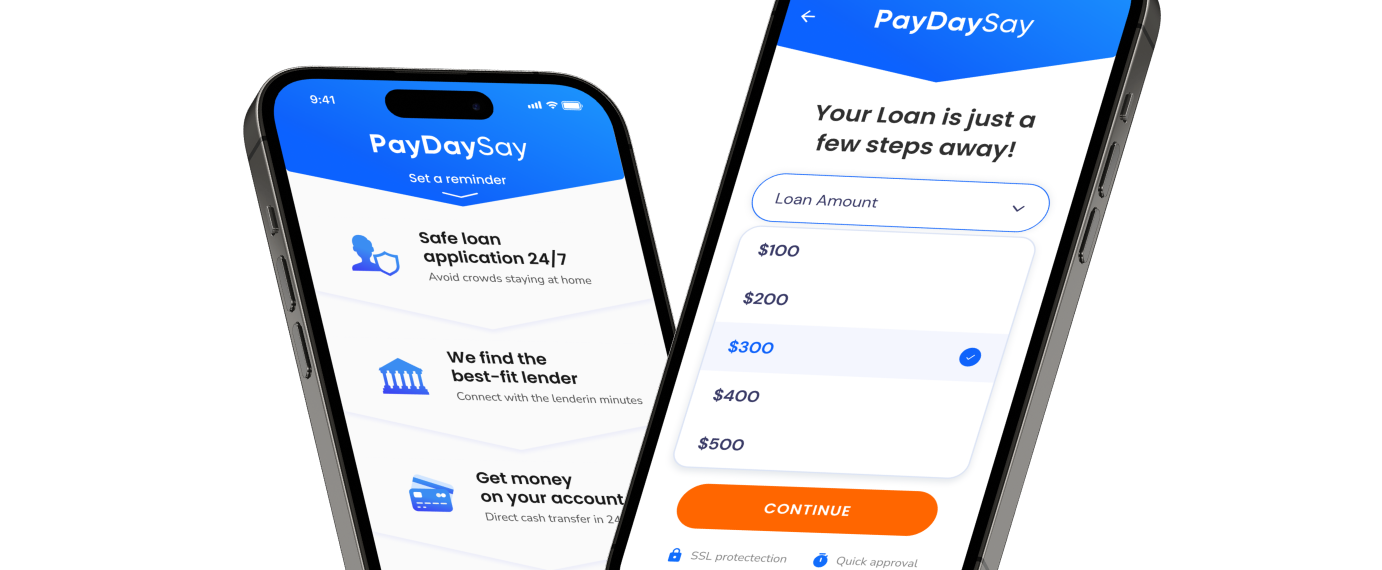










 on your homescreen
on your homescreen
